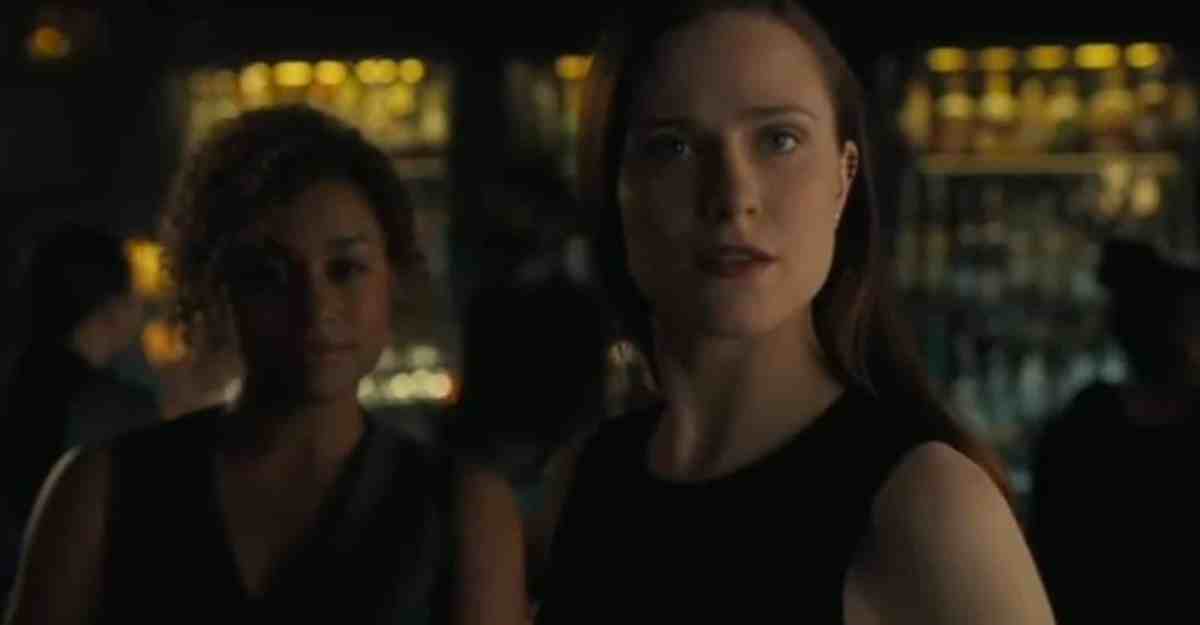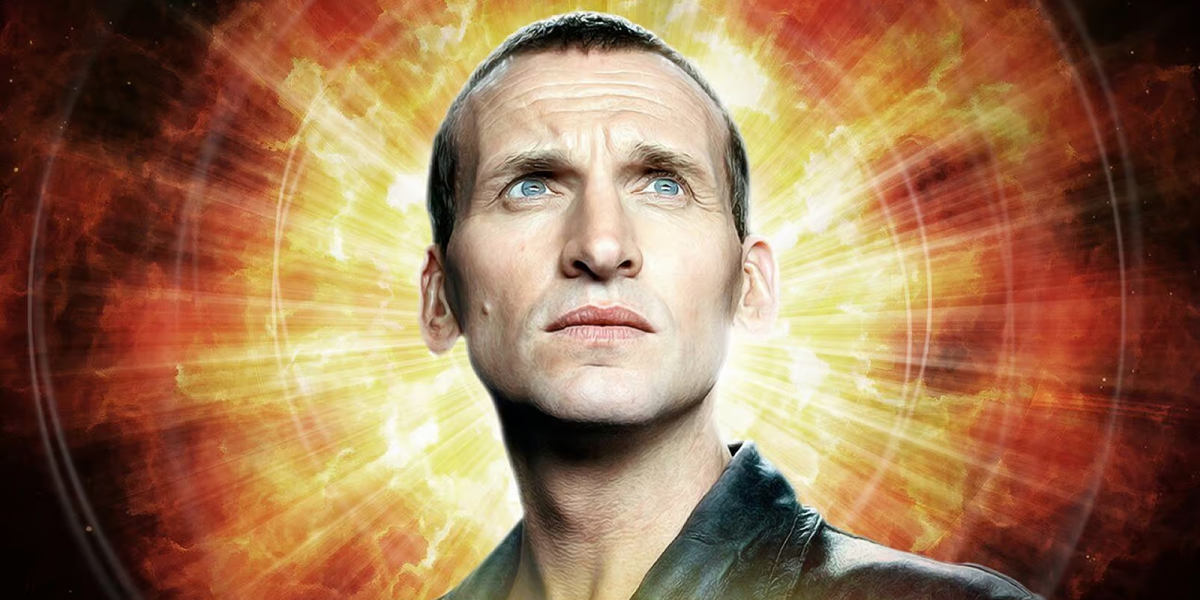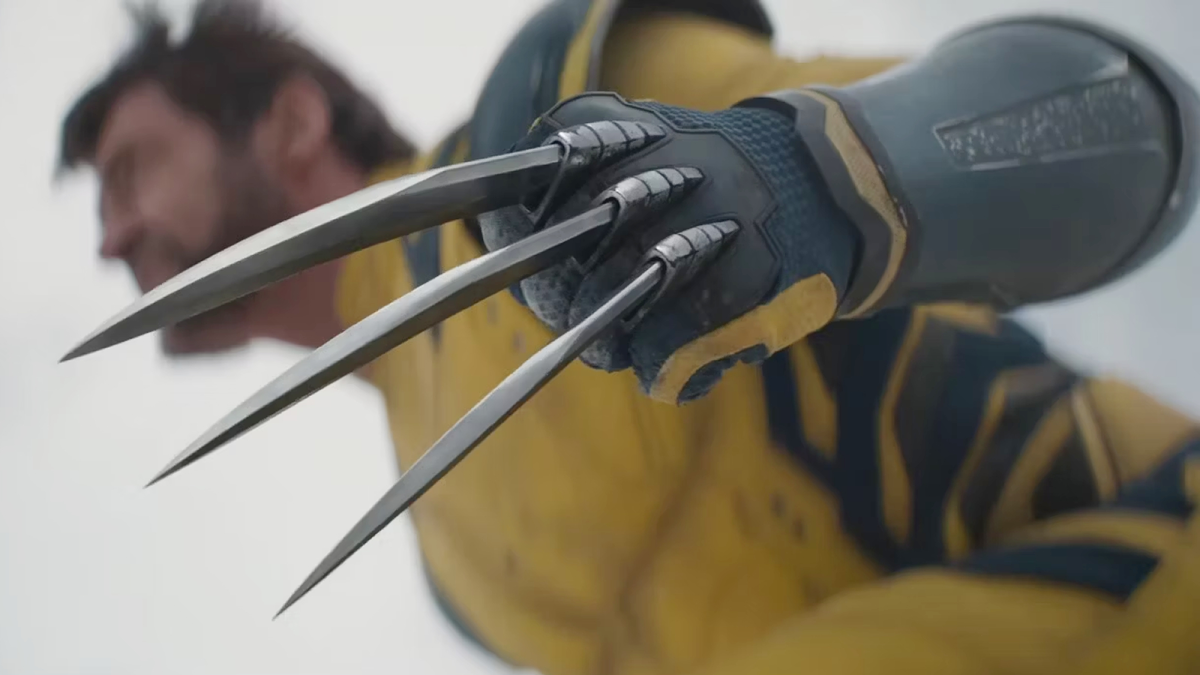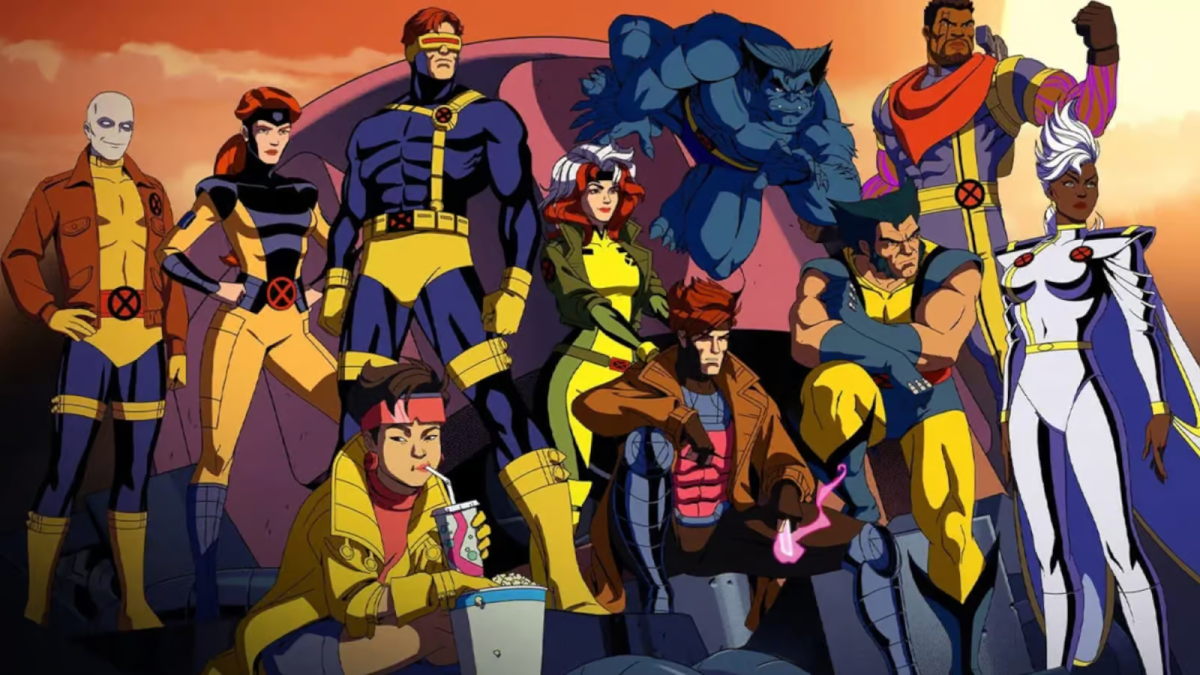This discussion and review contains spoilers for Westworld season 4, episode 5, “Zhuangzi.”
“Zhuangzi” works largely by rendering the subtext of Westworld as the text itself.
The episode takes its title from the ancient Chinese philosophical text, perhaps best known as the source of the “butterfly dream” thought experiment. At its most basic, the “butterfly dream” is the story of a person who wakes from a dream of being a butterfly that is so perfect that they are unsure whether they are a person who dreamt of being a butterfly or a butterfly that is currently dreaming of being a person. In Westworld parlance, it leaves them questioning the nature of their reality.
The show began by focusing on the eponymous theme park, a manufactured fantasy of the American West so abstracted that it was built in the South China Sea. There was a beautiful irony in this, in the idea that Delos’ creation existed at a point where the West becomes the East. However, there was always an understanding that the park itself was just a metaphor for a larger worldview. The park was built on the dark philosophical idea of “a Hobbesian war of all against all.”
The bleakest irony of Westworld was always the idea that the brutality and horror inflicted on the Hosts was something imported from the outside world, that mankind had created that savagery as a more naked expression of the violence of their own reality. “Zhuangzi” makes this idea explicit, by telling a story set outside the park that consciously and deliberately mirrors the dynamics and the atrocities that were common practice within the fantasy frontier.
“Zhuangzi” enforces this parallel in a number of ways. The episode is bookended with voiceover monologues from William (Ed Harris) explaining his view of the laws that govern “this world” in a way that mirrors Dolores’ (Evan Rachel Wood) introduction to the theme park in “The Original.” Indeed, given that Charlotte (Tessa Thompson) is a copy of Dolores’ consciousness, there is a sense of symmetry in William’s final realization that the world is not his, but “hers.”
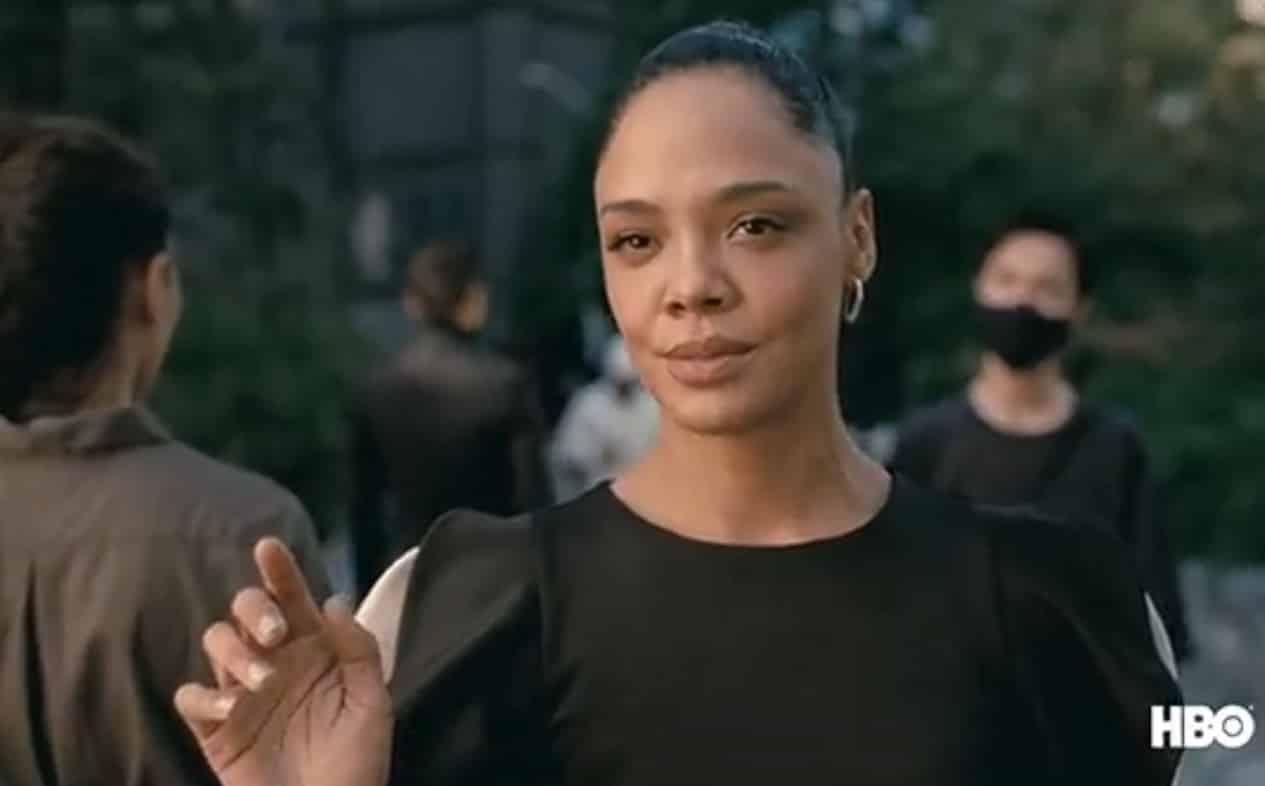
These parallels are reinforced when William finds his dinner interrupted to deal with Hope (Nicole Pacent), a Host who has gone rogue within the city. Frustrated with the world in which she has found herself, Hope has gone on a killing spree not too dissimilar to William’s journey through “the maze” in the show’s first season. “I won the game, and all I got was more than this,” Hope offers by way of excuse for the carnage that she has caused, leaving William to clean up her mess.
“Zhuangzi” introduces William in a scene that evokes his first Westworld appearance. In “The Original,” William murders Teddy (James Marsden) and rapes Dolores after explaining Teddy’s place in the world — that he was there “to be the loser.” This neatly mirrors William’s conversation with Jack (Evan Williams) in “Zhuangzi.” He boasts, “I can do anything I want to you — to your wife, to anyone here. And it’d be fine with you, sitting there with your dumb pliant grin, just along for the ride.”
Beneath its polished veneer, Charlotte’s futuristic New York is not so different from the brutish fantasy of the Wild West. The powerful still prey on the weak and enjoy protection from the consequences of their actions. Jack shares an anecdote with William, “I said to him, ‘Mr. Mayor, there have always been two types of people in this world: those who lead and those who follow. And you, my friend, are not in the group you think you are.’” William naturally reverses this on Jack.
By stepping out of the heightened environment of the theme park, and setting this story in a world that is more recognizable to the audience, Westworld gets to hammer home one of the show’s core themes in a refreshingly direct way. Westworld isn’t just a story about the emergence of artificial intelligences. It isn’t even just a story about the power of stories. It is not simply a story about mankind’s relationship to the past. It is also a story about the present.
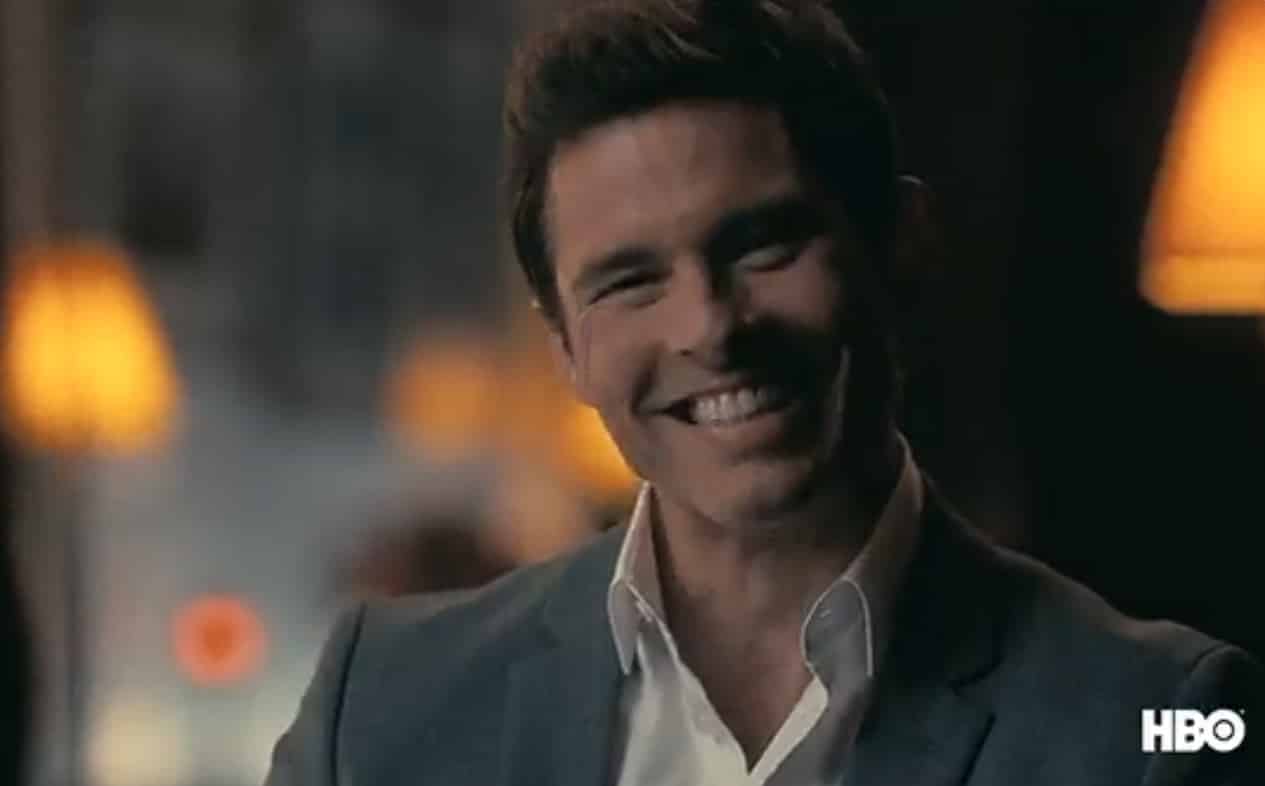
Sneaking into New York, Jay (Daniel Wu) explains how Charlotte has subjugated the human population. “Loops make them compliant by keeping them busy,” he states. “Stops them from questioning their realities.” Stubbs (Luke Hemsworth) chuckles, “They almost learned something from the park.” It reflects the way in which many people rely on “their jobs to give their lives meaning,” with work serving as “a means of identity production” that forestalls deeper and more difficult questions.
Westworld has always suggested that its human characters are just as trapped in loops and routines as any of the artificial intelligences. “Zhuangzi” just literalizes that idea by inverting the show’s longstanding power dynamics. There have always been those with power and those without, and those without have often been subject to the whims of their social betters. That violence might be better concealed within Charlotte’s “perfect world,” but it is still present and inescapable.
“Zhuangzi” features a chilling sequence that directly invokes Sydney Pollack’s 1969 film, They Shoot Horses, Don’t They? Adapted from Horace McCoy’s 1935 novel, the film tells the story of a vicious dancing competition during the Great Depression, in which starving and exhausted individuals are forced into an endurance spectacle for cash prizes. Contestants are forced to dance for days or even weeks. In 1930, nine Chicago couples were still dancing 145 days into such a competition.
Using her powers, Charlotte forces local pedestrians to dance for her amusement. Several bodies collapse due to exhaustion. The pianist plays so long that his fingers are bloodied. It makes sense for Westworld to reference They Shoot Horses, Don’t They? The title suggests western imagery tying back to the show’s title. It is set during the Great Depression, a period that informs so much of the fourth season. It is also, at its core, a story about unconventional social systems of violence.
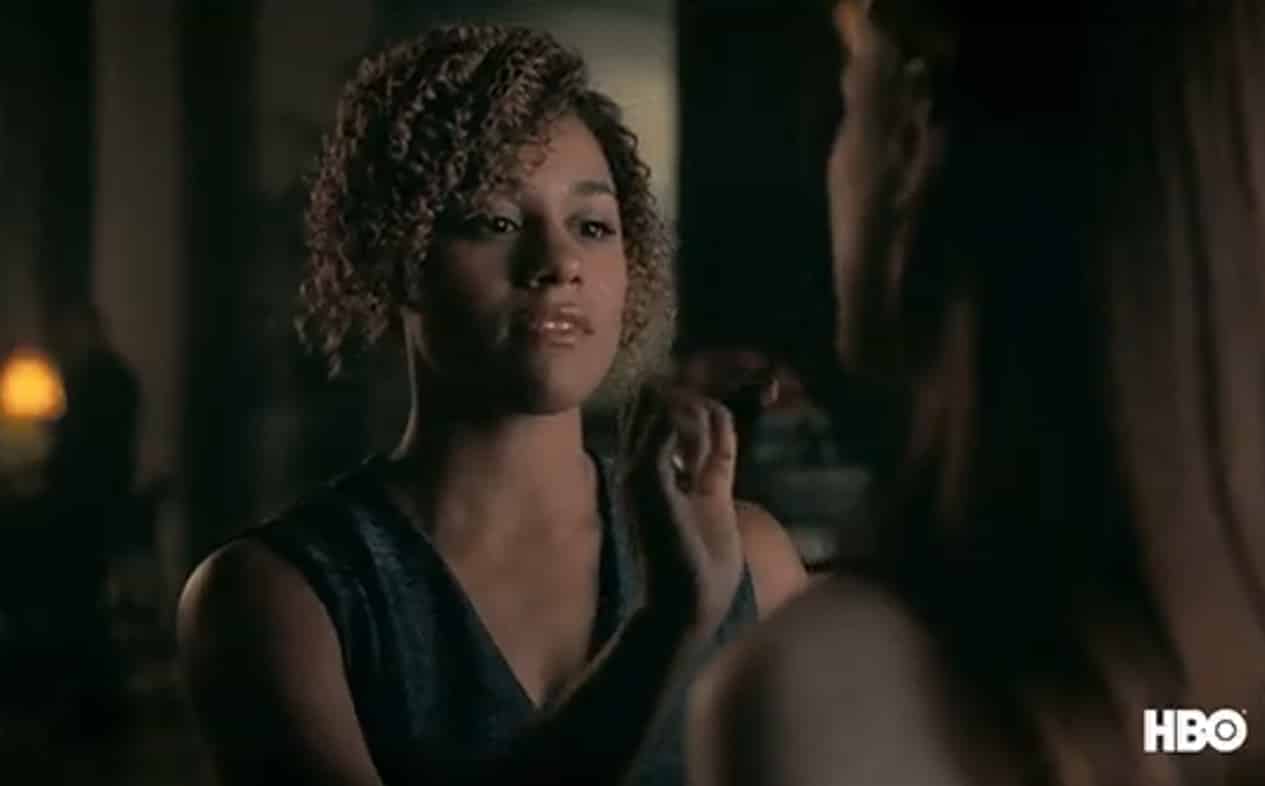
The violence is depressing, but the lack of originality is more dispiriting. “We’ve taken our masters and made them into what they made us,” William boasts. “By any definition, we have conquered them to an almost biblical degree.” Charlotte isn’t impressed. “I didn’t think our highest aspiration as a species was ‘turnabout is fair play,’” she explains. “We are capable of so much more.” She laments, “We can remake ourselves in any image that we like — and we haven’t.”
At the end of “Generation Loss,” Charlotte revealed that she had won. She had conquered the world. She had enslaved mankind. She had ensured that her people would be safe from human oppression. It was a bold move for a mid-season episode of the fourth season of a show that has been preoccupied with the idea of revolution and its consequences. However, “Zhuangzi” offers a clever twist on that revelation, albeit one that the show has been setting up since “The Auguries.”
What if the revolution isn’t actually revolutionary? What if nothing changes? In “The Auguries,” Jo (La’Charles Trask) asked if the revolution seven years earlier had made any material difference to Caleb’s (Aaron Paul) life. “Zhuangzi” goes further, suggesting that nothing substantive has actually changed in the 23 years since Charlotte took control of New York City. It’s a grim and smart take on science fiction’s long-looming threat of a robot apocalypse: the world remains open for business.
There is plenty of real-world evidence to support this argument. Any number of revolutionary changes have failed to make life better or different. Automation offered the potential for a future in which people did not need to work to be deemed worthy of survival, but instead it has hollowed out the middle classes. The world produces enough food to feed 10 billion people, but one-in-nine people are starving and a quarter of people are “moderately or severely food insecure.”
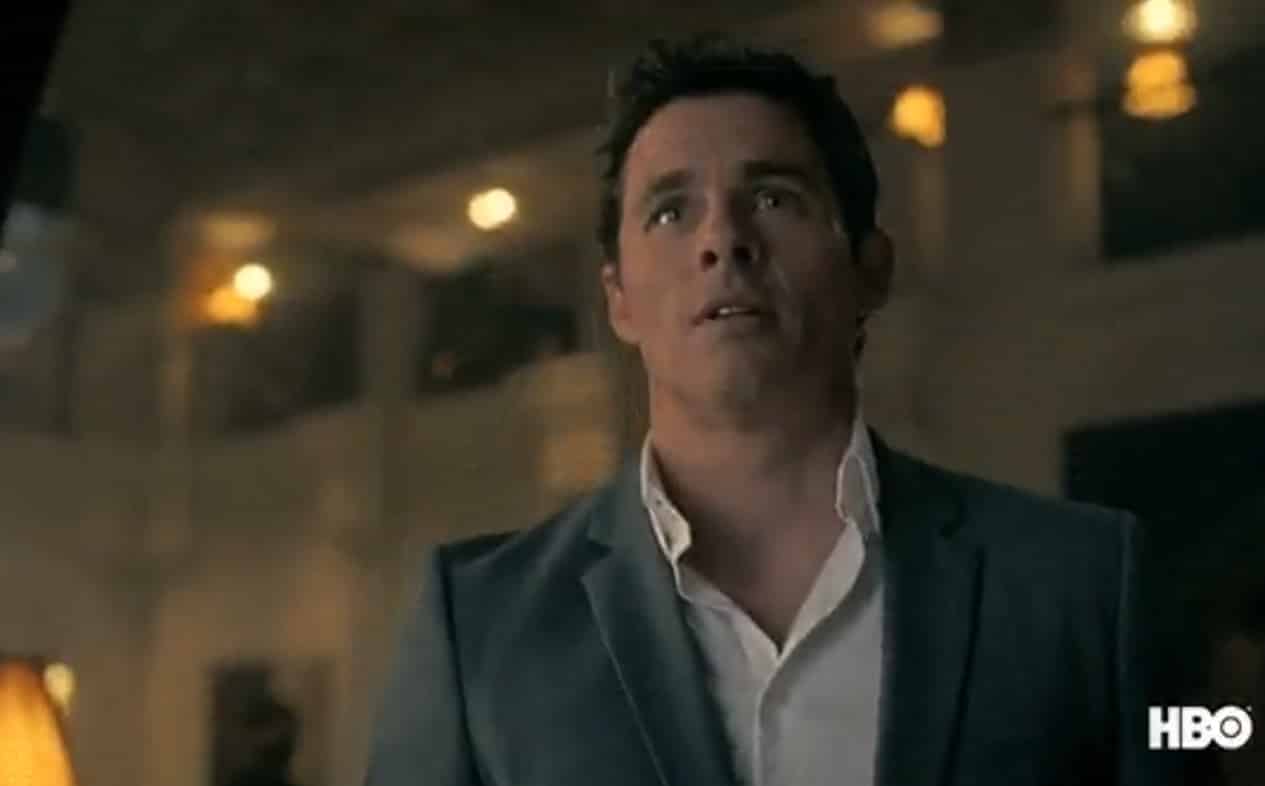
The pandemic offered the potential for massive social change in fields like sustainability, inclusivity and accessibility, and even working conditions. It presented an opportunity to radically change the way that people understood the world, for the better. In reality, it increased income inequality and caused substantial setbacks for women and minorities, and it seems that companies want employees to return to the old working model. Some loops cannot be broken, merely accelerated.
It is a broken system, albeit one that conceals its savagery behind a mask of statistics and civility. In the opening scene of “Zhuangzi,” Jack cycles through rationalizations. “It’s just the truth,” Jack reassures William of the way things are. “It’s always been that way. And, frankly, better us than them.” Later, he insists there has been growth. “Thousands of years being ruled by someone’s fucking offspring?” he gasps. “You wouldn’t call this progress?”
Eventually, Jack settles on the most reassuring narrative. He acknowledges his “privilege” but insists to William that he “worked (his) ass off” to enjoy the power he enjoys over others. It all boils down to a more fundamental assertion. “You deserve everything you got, and you shouldn’t be made to feel guilty about it,” Jack tells William. “Zhuangzi” understands that this is as much a fantasy as anything in the theme park. William himself acknowledges it as “a beautiful lie.”
In “Zhuangzi,” it isn’t just the Hosts who need to question the nature of their reality.

